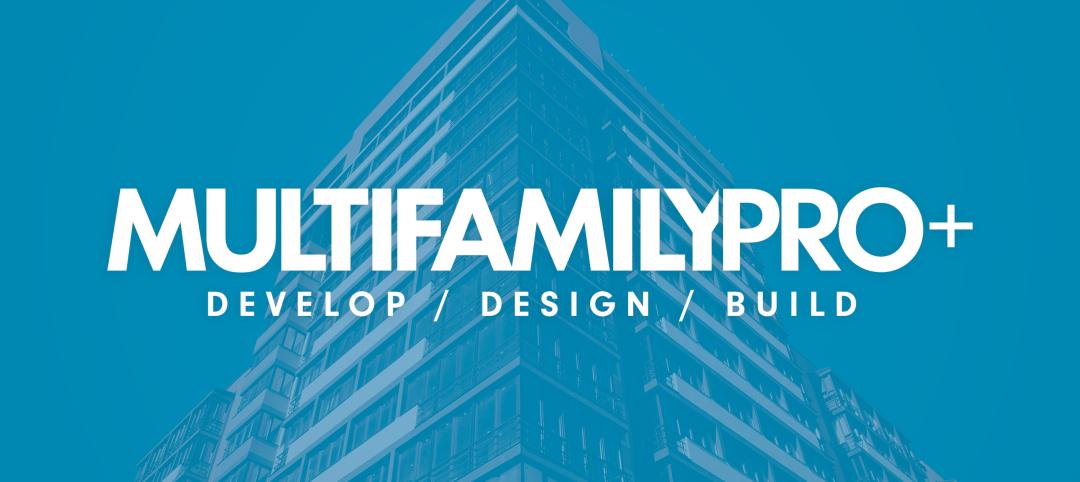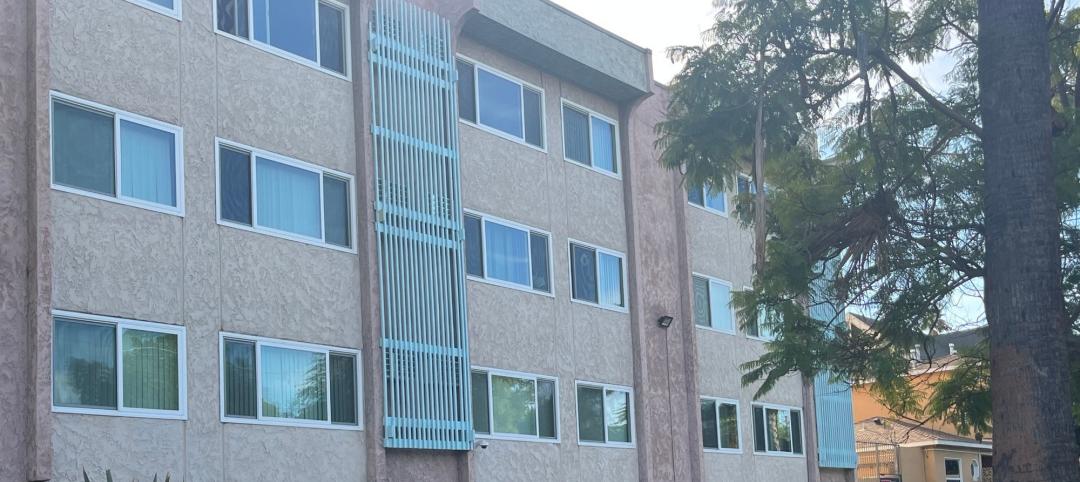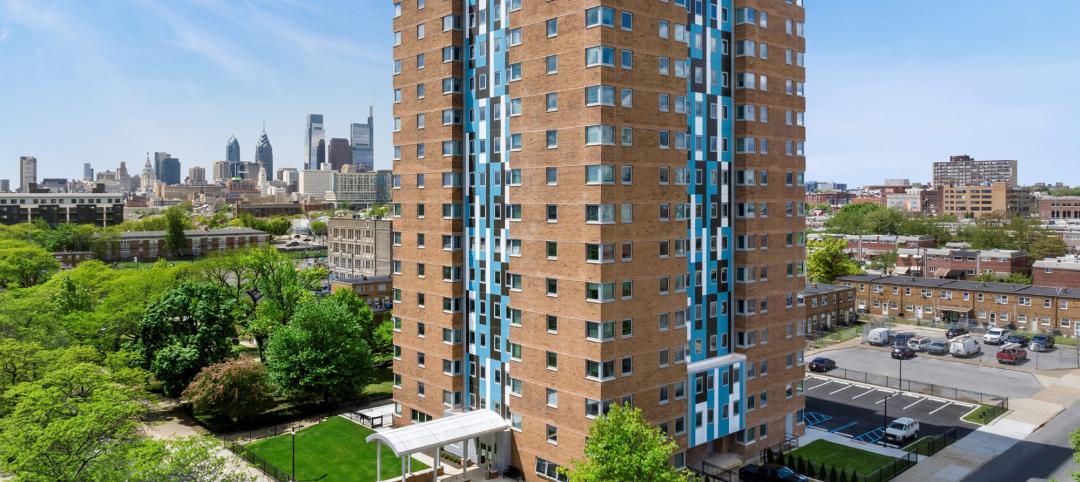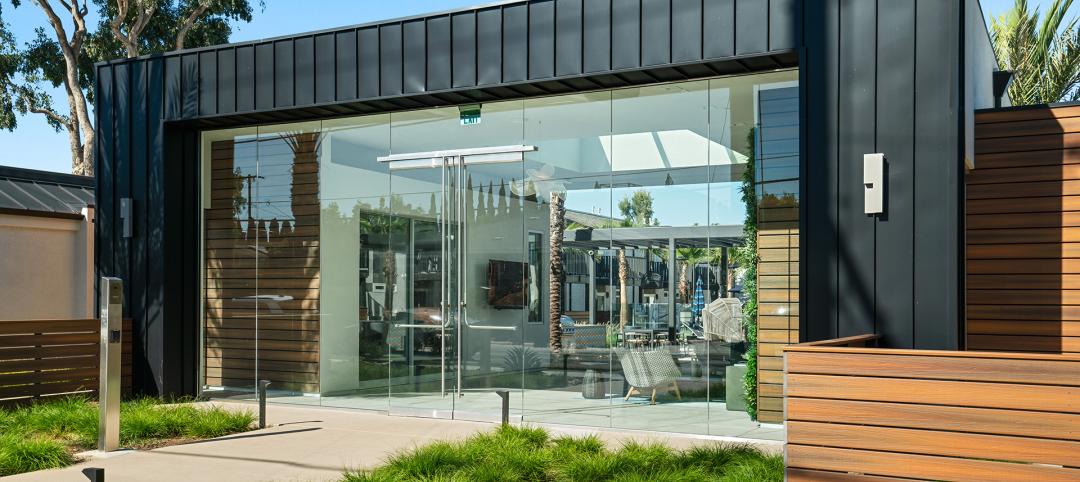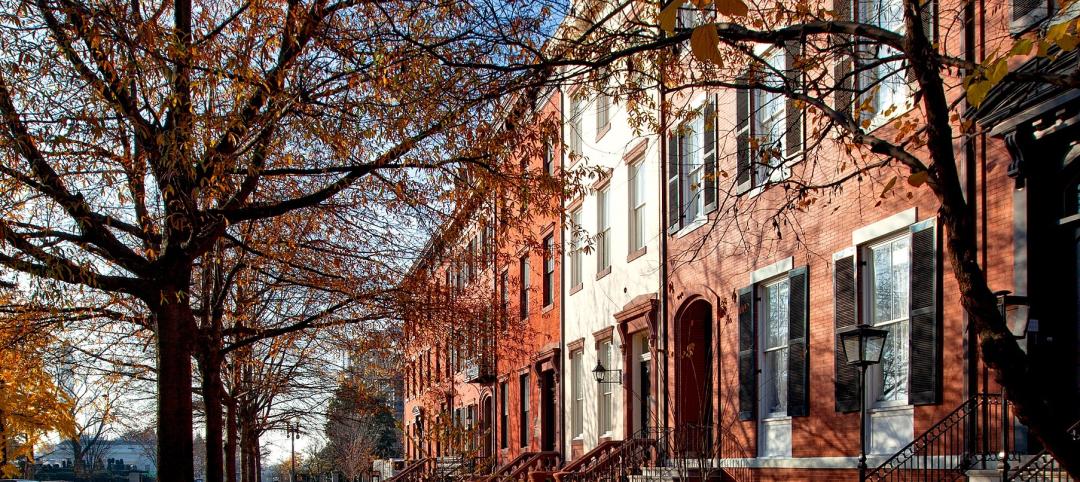The Biden-Harris Administration recently announced a nationwide allocation of $3.16 billion in homelessness assistance funding. This will be administered by the U.S. Department of Housing and Urban Development (HUD) through the Continuum of Care Program.
This funding decision marks the largest annual federal investment in addressing homelessness to date. Designated for supportive housing assistance initiatives, the Continuum of Care Program will distribute the $3.16 billion across over 7,000 projects nationwide.
HUD’s Continuum of Care program provides grants to nonprofit providers, States, Indian Tribes, and local governments for permanent and short-term housing assistance, supportive services, planning, data, and other costs. The funds will also go towards supportive services for individuals and youth experiencing homelessness, as well as survivors of domestic abuse.
Continuum of Care Program Criteria
“Now, more than ever, we are doing all we can to get people off the street and into permanent homes with access to services,” says HUD Secretary Marcia L. Fudge. “That is why we are making sure the service providers on the frontlines of this crisis have the resources they need.”
HUD's approach encourages communities to adopt evidence-based strategies in combating homelessness, prioritizing interventions that prioritize housing stability alongside supportive services. HUD has expanded the program's eligibility criteria to address the unique challenges faced by rural communities in serving individuals experiencing homelessness.
This year's $3.16 billion allocation represents an unprecedented level of funding, crucial for expanding community capacity to address homelessness, especially as rates of homelessness continue to rise across the country.
Successful applicants for these grants have demonstrated a commitment to collaborative, community-wide efforts to end homelessness. Emphasizing partnerships with health agencies, housing agencies, and other stakeholders, communities are increasingly focusing on reducing unsheltered homelessness through interdisciplinary approaches.
Homelessness Assistance Funding by State
The states that received the most funding were also those with the greatest number of projects. California and New York top the list, receiving over one-quarter (29%) of all annual funding for its 779 and 572 projects, respectively. These are the top five states awarded:
- California: 779 projects; awarded $601 million
- New York: 572 projects; awarded $303 million
- Texas: 249 projects; awarded $162 million
- Illinois: 369 projects; awarded $158 million
- Ohio: 331 projects; awarded $154 million
- Pennsylvania: 442 projects; awarded $148 million
- Florida: 320 projects; awarded $134 million
- Massachusetts: 208 projects; awarded $125 million
- Washington: 205 projects; awarded $111 million
- Michigan: 267 projects: awarded $98 million
Significant Increase From Previous Years
The 2023 fiscal year’s increase in funding for the Continuum of Care Program is a significant leap from previous years. In 2022, the amount was just under $2.8 billion, indicating a 14% increase in funding. The increase between 2021 and 2022 was just over 4 percent.
Looking ahead, the administration remains steadfast in its commitment to not only halting but reversing the upward trend in homelessness. President Biden's FY 2024 Budget proposes further actions to address homelessness, including investments to lower rental costs and provide guaranteed vouchers for vulnerable populations such as low-income veterans and youth aging out of foster care.
View a breakdown of the Continuums of Care and project awards on the HUD website.
Related Stories
MFPRO+ News | Oct 6, 2023
Announcing MultifamilyPro+
BD+C has served the multifamily design and construction sector for more than 60 years, and now we're introducing a central hub within BDCnetwork.com for all things multifamily.
Affordable Housing | Oct 3, 2023
Standard Communities acquires six 100% affordable housing communities
These affordable housing communities total 407 units, and five of the communities are dedicated to senior living.
Multifamily Housing | Sep 26, 2023
Midwest metros see greatest rent increase in September 2023
While the median monthly price of rent has increased by 0.71% in August, the year-over-year estimates show a national change of -0.06 percent.
Affordable Housing | Sep 25, 2023
3 affordable housing projects that serve as social catalysts
Trish Donnally, Associate Principal, Perkins Eastman, shares insights from three transformative affordable housing projects.
MFPRO+ Blog | Sep 21, 2023
The benefits of strategic multifamily housing repositioning
With the rapid increase in new multifamily housing developments, owners of existing assets face increasing competition. As their assets age and the number of new developments increases seemingly day-by-day, developers will inevitably have to find a way to stay relevant.
Mixed-Use | Sep 20, 2023
Tampa Bay Rays, Hines finalize deal for a stadium-anchored multiuse district in St. Petersburg, Fla.
The Tampa Bay Rays Major League Baseball team announced that it has reached an agreement with St. Petersburg and Pinellas County on a $6.5 billion, 86-acre mixed-use development that will include a new 30,000-seat ballpark and an array of office, housing, hotel, retail, and restaurant space totaling 8 million sf.
MFPRO+ Research | Sep 11, 2023
Conversions of multifamily dwellings to ‘mansions’ leading to dwindling affordable stock
Small multifamily homes have historically provided inexpensive housing for renters and buyers, but developers have converted many of them in recent decades into larger, single-family units. This has worsened the affordable housing crisis, say researchers.
Adaptive Reuse | Aug 31, 2023
New York City creates team to accelerate office-to-residential conversions
New York City has a new Office Conversion Accelerator Team that provides a single point of contact within city government to help speed adaptive reuse projects. Projects that create 50 or more housing units from office buildings are eligible for this new program.
Multifamily Housing | Aug 24, 2023
A multifamily design for multigenerational living
KTGY’s Family Flat concept showcases the benefits of multigenerational living through a multifamily design lens.
Affordable Housing | Aug 21, 2023
Essential housing: What’s in a name?
For many in our communities, rising rents and increased demand for housing means they are only one paycheck away from being unhoused. It’s time to stop thinking of affordable housing as a handout and start calling it what it is: Essential Housing.




